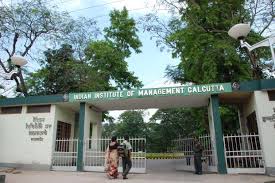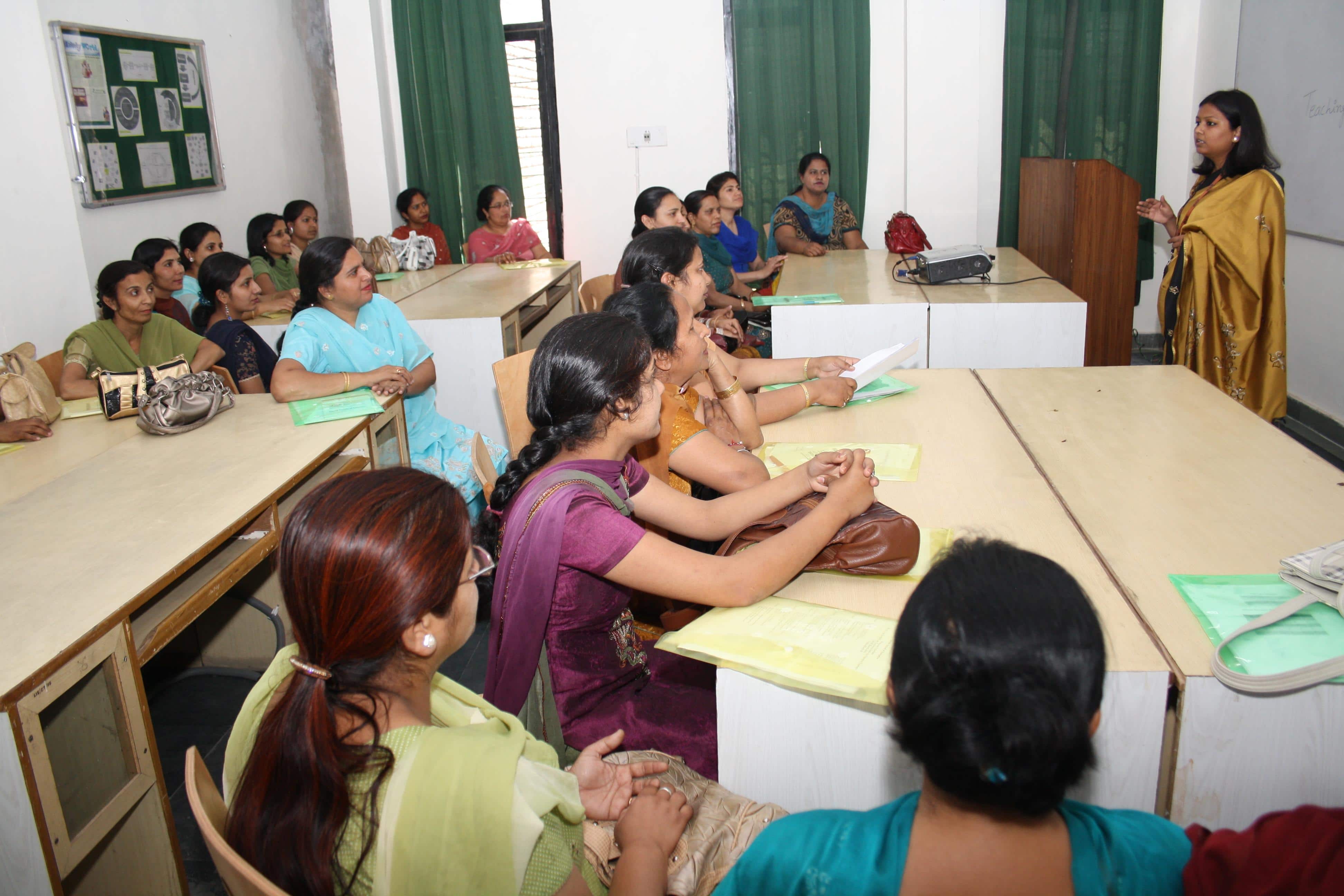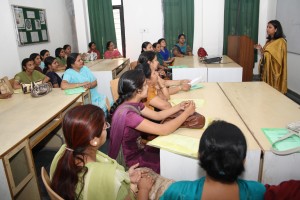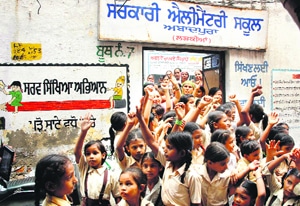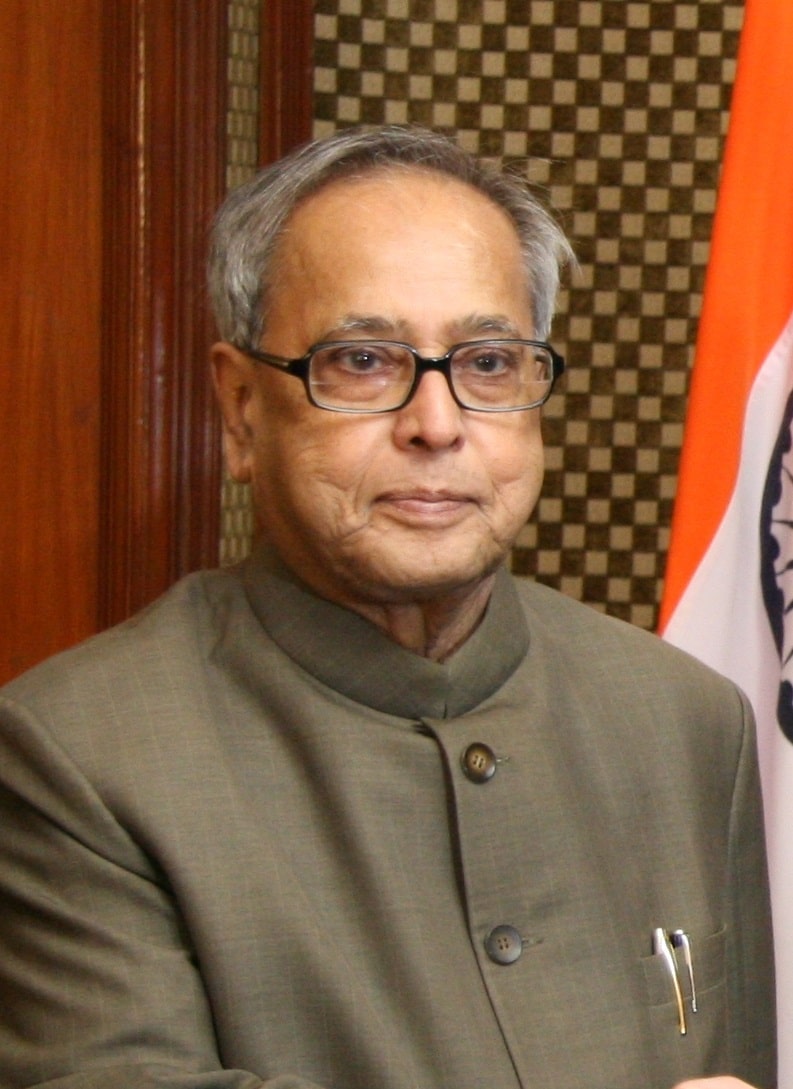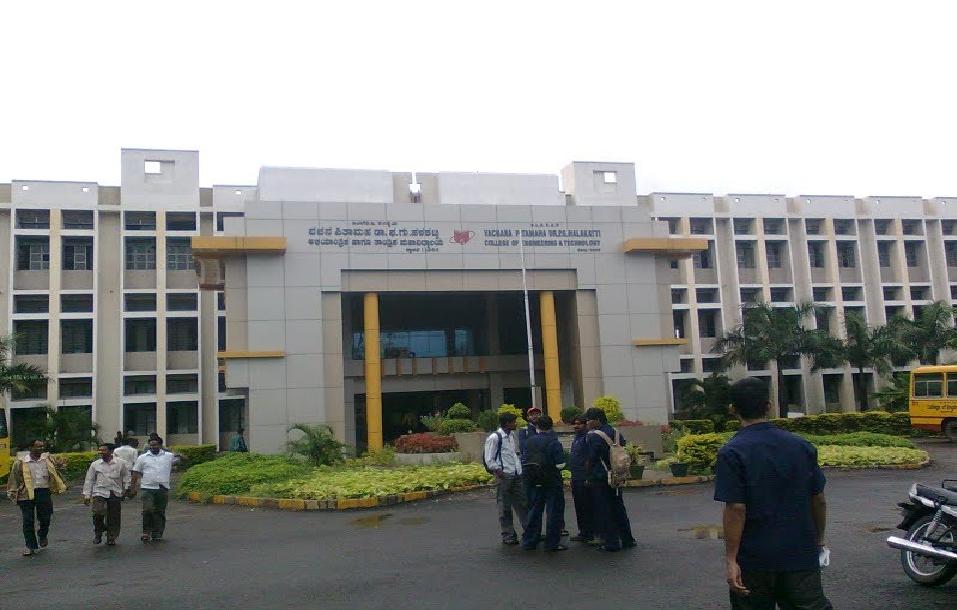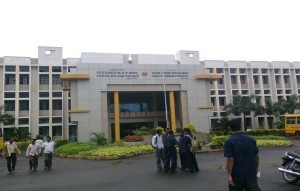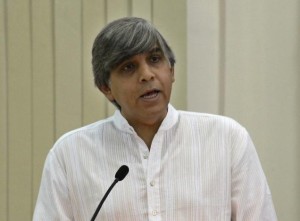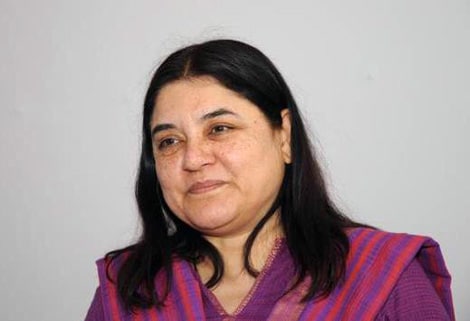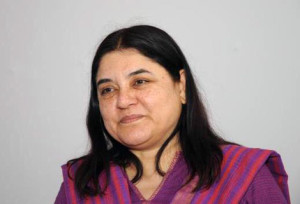
Union Health Minister Harsh Vardhan has generated another controversy by stating in his website that sex education in schools should be banned.
In his ‘vision’ document for Delhi schools, Vardhan, himself a doctor, has said, “So-called ‘sex education’ (should) to be banned.” His website – drharshvardhan.com – also states the need to integrate value education with course content and put strong emphasis on exposing students to India’s cultural relations.
Vardhan couldn’t be contacted for his comments as he’s in the US. His office said this was the minister’s personal views. Delhi BJP spokesperson Sanjay Kaul said, “The issue of banning sex education in schools has not been discussed on the party forum. We have no comment to offer.”
Earlier, the health minister had created a stir by claiming the supremacy of fidelity as an AIDS prevention measure. “Condoms promise safe sex, but the safest sex is through faithfulness to one’s partner. Prevention is always better than cure,” he was quoted as saying.
Public health activists are angry with the ‘vision’ of the doctor-turned politician. Some public health activists said that the health minister appeared to be pushing the RSS agenda.
“Children are attaining puberty at very early age these days. By the age of 12-13 years, many children are sexually mature and several teens are also sexually active. In such a scenario, it would be idiotic to turn a blind eye to reality. Not only should parents speak to their children about sex and the implications and responsibilities arising from it, schools too should play an active role in imparting sex education to students,” said an activist. He said sex education instills essential information about conception, contraception and sexually transmitted diseases.
This is not the first time, sex education has been opposed by political parties. With the view to generate awareness and inculcate necessary skills among adolescents and youth, a scheme for adolescent education programme in the school curriculum was promoted by the National AIDS Control Organization (NACO) and the Ministry of Human Resource Development (MHRD), which led to a major controversy in 2007.
Opponents argued for a ban on sex education in schools on the ground that it corrupted the youth and offended ‘Indian values’. They contended that it may lead to promiscuity, experimentation and irresponsible sexual behaviour.
As fallout of this controversy, several Indian states including Gujarat, Madhya Pradesh, Maharashtra, Karnataka, Kerala, Rajasthan, Chhattisgarh and Goa declared that the course content as suggested by MHRD was unacceptable and thus, banned the programme.







